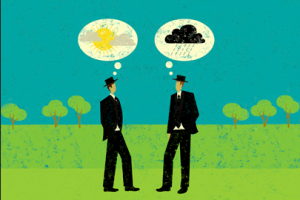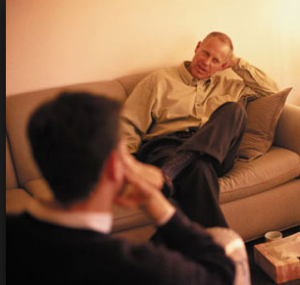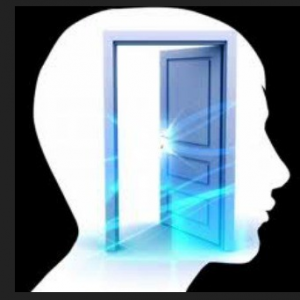John, a 57 year-old man, consulted me for a mixture of “personal and career stagnation,” as he put it. His thoughts soon turned to a decision he made in his 20s, when he reluctantly entered a career path and profession that his father urged him to follow. He said he now saw that his need for parental approval back then was part of a larger pattern that also led him into a marriage with the “wrong” partner. “I feel so much regret, about how foolish I was not to listen to my own heart – if I even knew what it was back then.”
Throughout the decades I’ve heard many men and women express similar laments about turning points in their lives – significant experiences or choices they made, which they look back upon with deep regret and feelings of entrapment. They tell me the sadness they feel about the direction they took; what they turned away from, especially when they see the consequences over time that they feel entrapped by.
However, it’s possible to experience your regrets in life differently. Those regrets have likely taught you something about yourself and changed you. But you may not realize it. And, you may not have acted upon what’s changed within you, as you go forward in your life today.
To explain, lets first take a look at two examples of people’s regrets and how they can paralyze one’s present life: The woman who dropped out of graduate school when she was offered an entry-level editorial job with a newspaper. She was attracted by the seeming security of the position, and she said she had doubts about her journalistic skills, anyway. She remained with the paper for many years, while feeling increasingly stagnated. Ultimately, she was let go during a retrenchment. Now, at midlife, in a tight job market and an unforgiving life situation for people like her, she tells me, “If only I had stayed in grad school, how different my life would have been. But now…” She says she feels trapped and depressed about her life.
Continue reading


















































